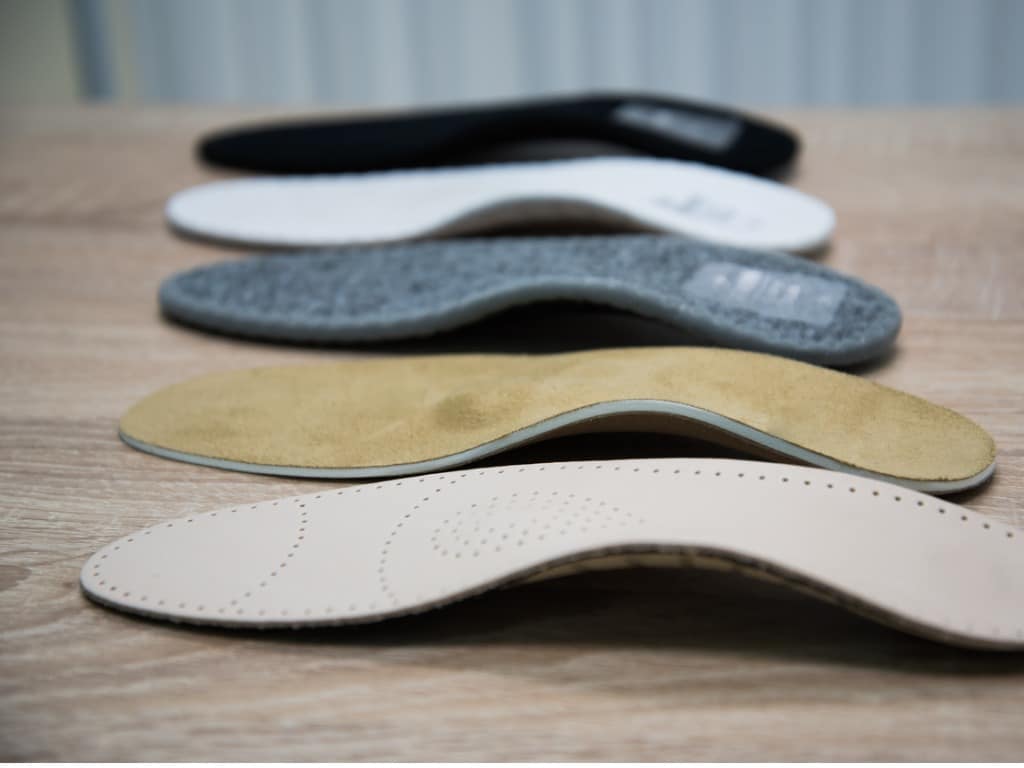Florida-based Foot Care Store, Inc. d/b/a Dia-Foot, a diabetic shoe company, along with President and CEO Robert Gaynor, agreed to pay $5,538,338 to settle allegations that they violated the False Claims Act. A former Dia-Foot employee brought the allegations under the False Claims Act’s qui tam provisions and will receive a portion of the money recovered in the settlement.
According to a January 12 U.S. Department of Justice (DOJ) press release, between 2013 and 2018, Dia-Foot allegedly “sold diabetic shoe inserts to customers nationwide,” many of which were purported to be “custom-made for an individual’s foot, when the inserts were actually made using generic foot models.” The shoe inserts were then “dispensed to diabetic patients who had a prescription from a health care provider and who believed they were getting a custom product.” The government alleges that Dia-Foot billed Medicare and Medicaid for the “custom version” of the inserts, “or sold the inserts to other providers who then billed government health care programs for custom inserts.” This alleged behavior enabled the company “to produce and sell more inserts and increase profits by cutting corners.”
Additionally, the government alleged that Dia-Foot “advertised to customers that it was proud to be Medicare-compliant and had received Medicare approval” for the custom inserts “even though Dia-Foot received the Medicare approvals based on false information.” The press release explains that people with diabetes “in some cases suffer from foot problems” that can worsen if untreated. “Foot orthotics such as custom shoe inserts are prescribed to help diabetic patients prevent such problems and are covered by Medicare and Medicaid.”
Dia-Foot and Gaynor also “entered into a three-year Integrity Agreement (IA) with the U.S. Department of Health and Human Services, Office of Inspector General.” One of the requirements of the IA is that Dia-Foot “implement updated policies and procedures as part of its compliance program, and hire an Independent Review Organization to review quarterly Dia-Foot’s claims to Medicare and Medicaid.”
A former employee of Dia-Foot brought these allegations under the qui tam provisions of the False Claims Act. Through these provisions, whistleblowers can file lawsuits on behalf of the federal government if they have knowledge of a company or individual defrauding the government. Qui tam whistleblowers are entitled to 15-30% of the funds recovered in a settlement. The DOJ press release confirms the Dia-Foot whistleblower will receive a reward but did not disclose the amount.
At the end of 2021, WNN compiled a list of standout False Claims Act cases and settlements that involved qui tam lawsuits throughout the year. There were several healthcare cases in 2021 that led to big settlements: check out the article here.
Read the DOJ press release here.
Read more False Claims Act/qui tam whistleblower news on WNN.
